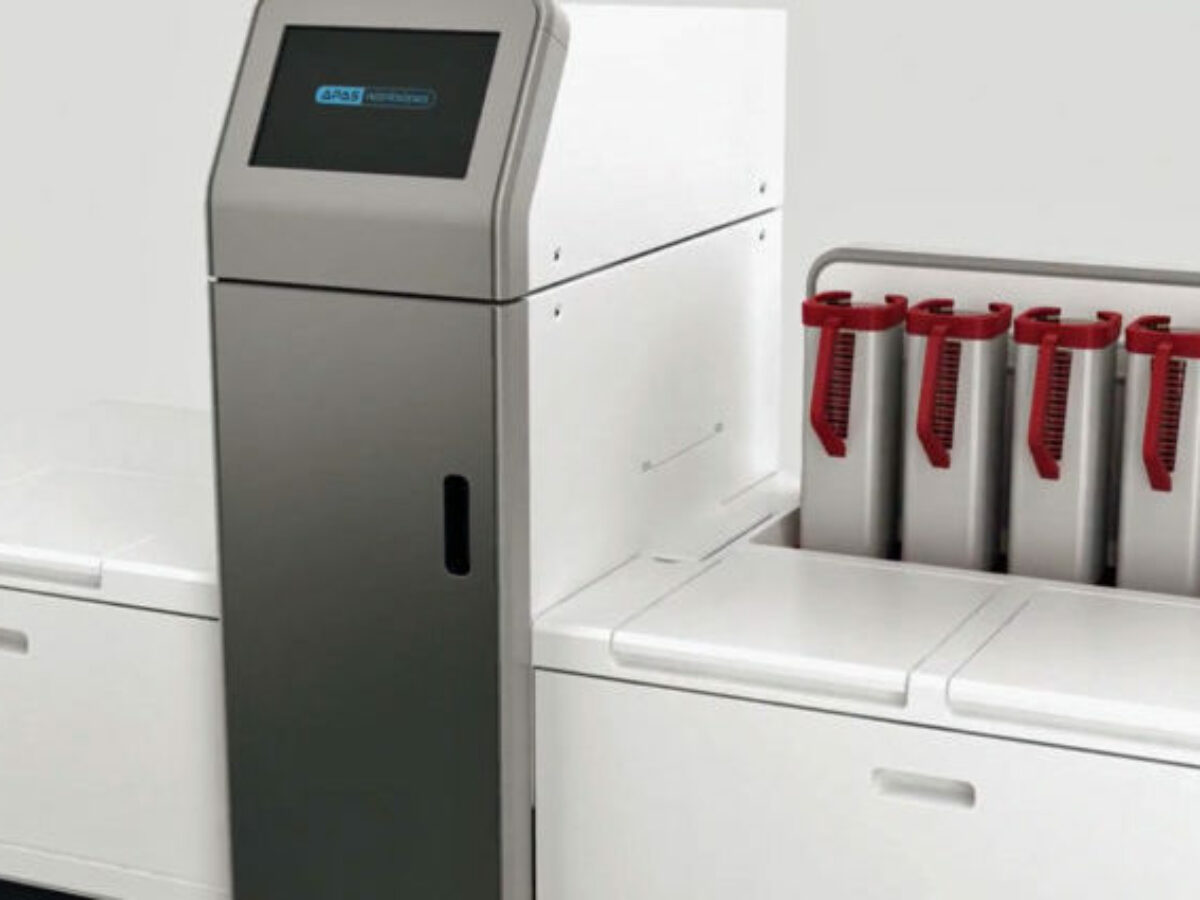LBT’s APAS AI machine achieves perfect result

LBT Innovations Ltd's APAS Independence machine has been tested on laboratory specimens from 4,603 patients at America's prestigious Johns Hopkins Hospital and passed with a perfect, or perhaps better than perfect, result.
The APAS Independence technology uses an algorithm to detect bacterial colonies on laborature culture slides and incorporates computer vision to hasten the time required to detect infections in samples from patients.
The machine tested at John Hopkins was equipped with the company's methicillin-resistant Staphylococcus aureus (MRSI) detection technology.
The Adelaide company told investors that the Apas machine was tested over three months alongside results from trained microbiologists as part of the hospital's routine infection control surveillance programme.
In the study the APAS machine showed no false negatives, and was 100 per cent in agreement with the diagnosis of the microbiologists.
Not only that, but APAS Independence identified a further three positive MRSA samples previously missed by the microbiologists.
LBT said: “These results provide a clear demonstration of the technical capability of the APAS Independence and how the implementation of artificial intelligence within laboratories can assist in the management of antimicrobial resistance.”
LBT CEO Brent Barnes said the results were important in supporting the commercialisation of the APAS Independence.
“The findings of this evaluation demonstrate the clinical benefits that can be delivered…not only through workflow efficiencies for laboratories, but also to improve patient care through great accuracy of culture plate reading.”
Picture: LBT Innovations
Topics Manufacturing News
@aumanufacturing Sections
Analysis and Commentary Awards casino reviews Defence Gambling Manufacturing News Online Casino Podcast Technology Videos





